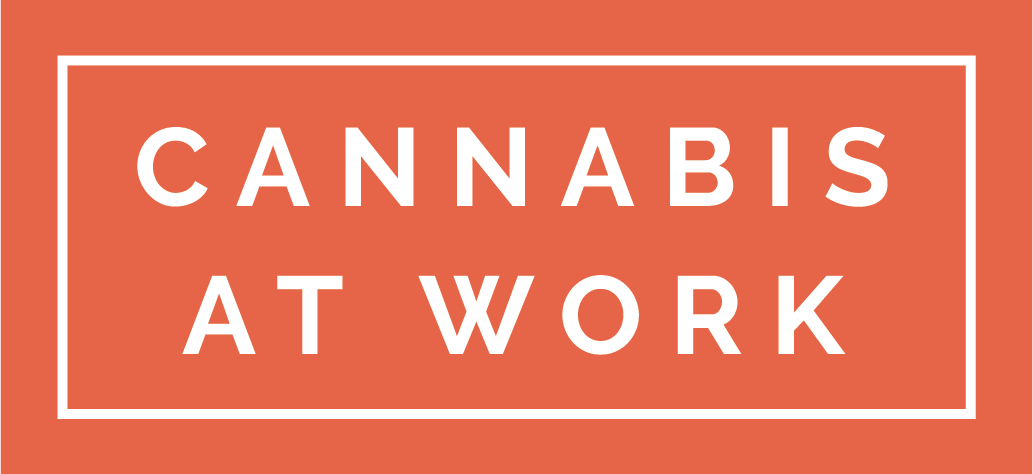On Friday all the major media outlets were reporting on the decision by the Nova Scotia Human Rights board, which directed Gordon Skinner’s benefit provider to cover his medical cannabis expenses.
Skinner was an elevator mechanic who suffers from chronic pain and depression following a work-related motor vehicle accident. He applied for coverage for his prescribed medical cannabis through his benefits plan, the Canadian Elevator Industry Welfare Trust Plan. This plan provides health and related benefits for employees and former employees working in the unionized sector of the Canadian elevator industry.
The Welfare Trust denied Skinner coverage. They stated that medical cannabis has not been approved by Health Canada and does not have a drug identification number.
Ultimately, the Nova Scotia Human Rights Commission ruled, “the Trustees’ denial of his request for coverage of medical marijuana under the Welfare Plan, amounts to a prima facie case of discrimination.”
So What Does This Mean?
While decisions like this do have an impact on future rulings, this doesn’t automatically mean that all benefits providers have to cover medical cannabis.
This case does highlight the need to take care not to disadvantage a person based on a disability, including how you allocate benefits. Differential treatment to an individual or class of individuals in a benefit plan can be grounds for a human rights complaint.
However, the decision states, “this does not mean that all private or public employee benefits plans are required to cover medical marijuana or any other drug for that matter. Not all distinctions will be discriminatory.”
In the hearing, the lawyer for the Welfare Trust argued that medical cannabis is not an approved drug by Health Canada, doesn’t have a Drug Identification Number and therefore shouldn’t be treated like other prescription medication.
This is an argument we hear a lot, one that has many risks. It has been made clear in many tribunal decisions that the duty to accommodate exists with medical cannabis just like any other prescribed medication.
In this decision, the Board finds the argument that cannabis isn’t a real drug to be insufficient, saying “reliance on Health Canada’s non-approval of medical marijuana under the Food and Drugs Act is not a sufficient justification in the face of numerous appellate decisions that have found, based on anecdotal and expert evidence, a significant benefit to some patients from using medical marijuana.”
This decision speaks to the growing use of medical cannabis and the growing number of requests for coverage through benefits plans. Widely publicized cases like this mean that other employees will seek accommodation and coverage for their medical cannabis use.

